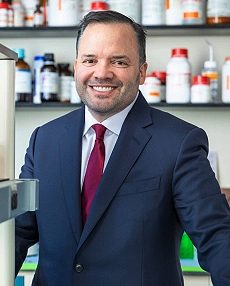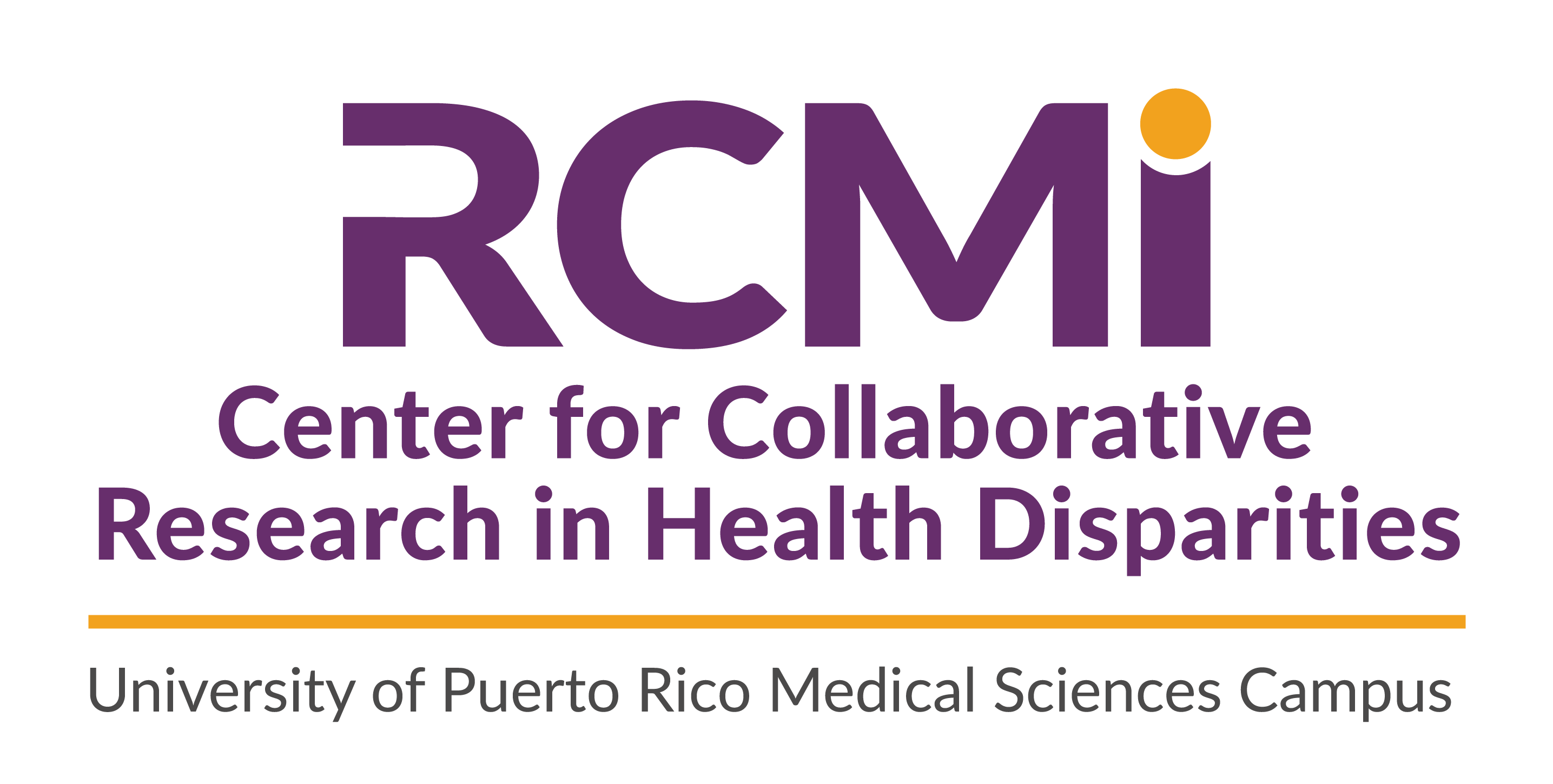
The Administrative Core of the Center for Collaborative Health Research, directed by the PI, oversees and supports all core activities, ensures that activities focus on health research, and provides cohesiveness and direction at the program level. One of the major goals of the Administrative Core is the development and coordination of strong and targeted Career Enhancement Activities. This effort includes (1) a mentoring program to assist new and early-career investigators through career planning, development and grantsmanship by providing one-on-one professional mentorship to complement scientific mentorship; (2) a course in the skills necessary to be successful in a research career, including discussions of bioethical issues relevant to research; and (3) a seminar series focusing on the protection and commercialization of intellectual property, especially in a collaborative multidisciplinary setting. These activities are performed in coordination with the Investigator Development Core and other mentoring initiatives conducted at the MSC or offered by the National Mentoring Research Network (NRMN) to avoid duplication of efforts and leverage resources.
The Evaluation component monitors the overall progress of the CCRMHD toward achieving its goal of improving the institution's research capacity and infrastructure, with an emphasis on innovative collaborative research aimed at reducing health conditions affecting the Puerto Rican population. The key activities and program goals have been incorporated into a Conceptual Framework for evaluation purposes. Common metrics and milestones are used to measure the overall program's success and achievement of outcomes.
Core activities overseen by the Administrative Core include: the Research Capacity Core which provides specialized research services in the areas of bioinformatics, genomics, proteomics, infectious diseases, and bioimaging to the three RO1-type research projects supported by the CCRMHD, as well as other research projects addressing relevant health topics; the Investigator Development Core, which supports pilot projects and serves as a focal point for promoting professional development of new faculty and early-stage investigators working on diseases that affect the Puerto Rican population; the Community Engagement Core, which targets the development of long-term partnerships with community organizations relevant to the proposed research projects and facilitates the dissemination of Center services and research achievements. In addition, the Administrative Core oversees the three RO1-type translational Research Projects covering the areas of basic biomedical, behavioral, and health services/clinical research. These translational research projects (T1, T2, T4) address the causes of and/or develop and evaluate interventions to improve the Puerto Rican population's health in cancer, prevention medicine, and cognitive impairment. An inclusive governance structure includes the PI, the Core Directors, advisory committee members, external evaluator consultant, mentor coordinator, as well as the administrative and technical staff.
Faculty Development

Luis Montaner, PhD
Professor, Immunology Program;
Scientific Director, Flow Cytometry Facility;
The Winstar Institute
Committees
Advisory Committee
External Evaluation Committee
Administrative Staff
Program Administrator

Jordana Ramirez
Project Manager

Katherine Matos
Administrative Secretary

Diana Ramos
Administrative Secretary

Margarita Diaz

